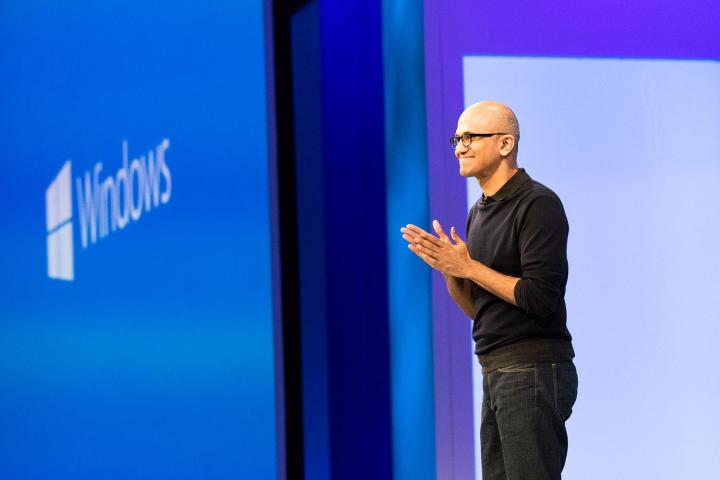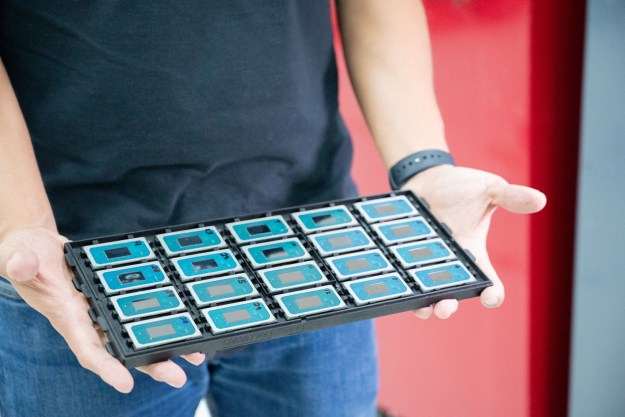
Microsoft CEO Satya Nadella made the announcement that the company will invest $75 million in youth computer science education over the next three years. While it’s clear these plans have been in the works for a while, the fact that the announcement came just hours after a boy was arrested for showing an interest in tech made for very appropriate timing.
Nadella suggested that beyond just the computer industry, “computational thinking” will only become more relevant across all avenues of our economy. He went on to suggest that there’s a need for computer science to be taught in the same manner as more mainstream sciences like chemistry and biology.
While computers have become ubiquitous in the modern world over the past two decades, there’s plenty of evidence that computer education is lagging behind. In a blog post on the Microsoft News Center detailing the $75 million commitment, it’s noted that less than a quarter of high schools in the United States teach computer science.
Microsoft won’t solely be focusing on the United States with this push for better and broader teaching. The YouthSpark program targets computer science learning worldwide, with a particular focus on youth from under-represented backgrounds.
It’s easy to write off a move like this as an attempt at some good PR, but it’s a win-win at the end of the day. A commitment of $75 million is no small sum of money, and put to good use it could make a real difference for a considerable number of young people. Moreover, it’s a smart move for the future from Microsoft’s perspective — with the proper cultivation, today’s hungry learner could be the company’s top prospect for employment in a few years’ time.
Editors' Recommendations
- The most common Microsoft Teams problems and how to fix them
- How Intel and Microsoft are teaming up to take on Apple
- Microsoft just discovered the next big evolution in displays
- Microsoft’s next event could reveal the Surface Pro we’ve been waiting for
- Microsoft might end one of the most annoying GPU wars


